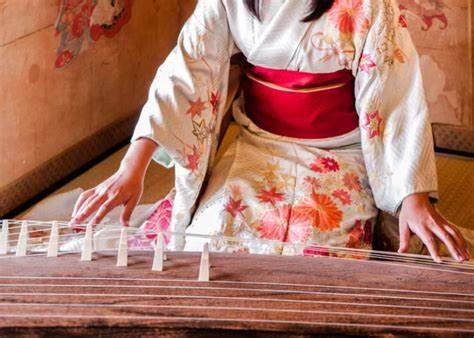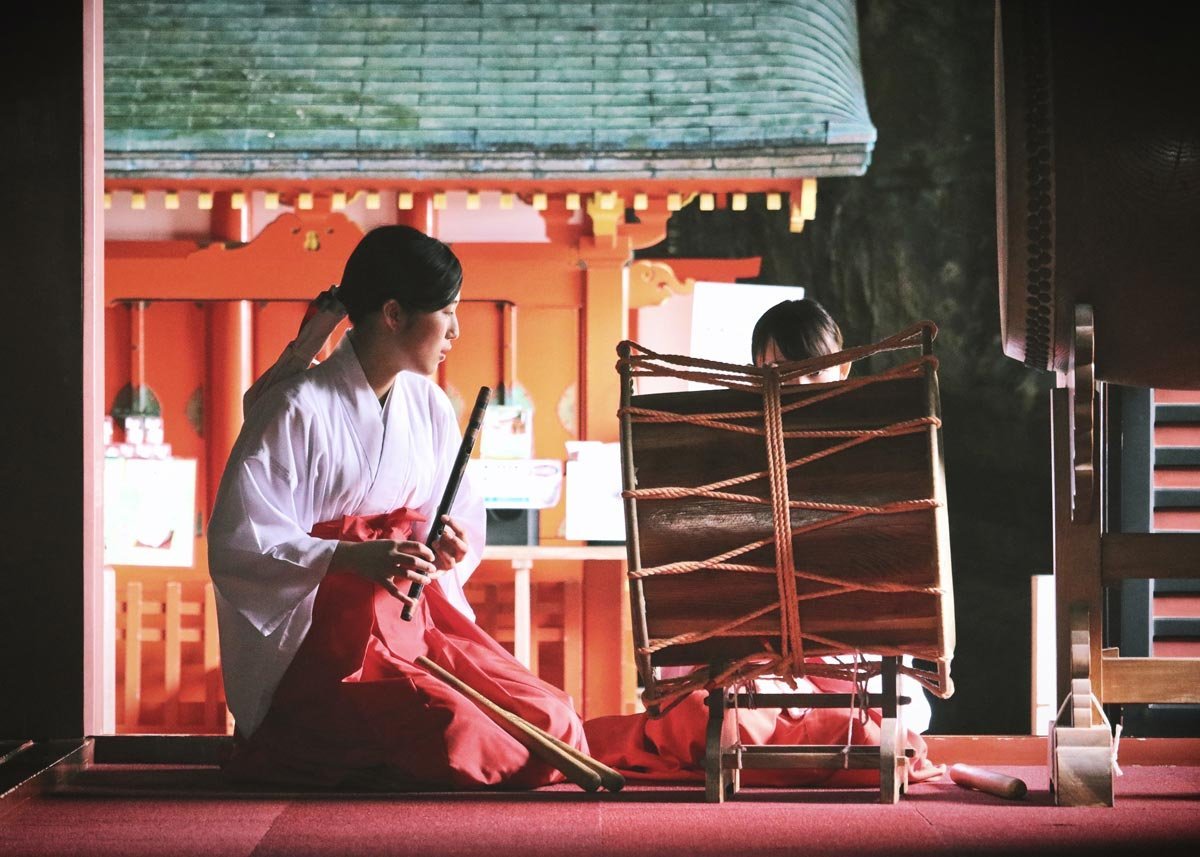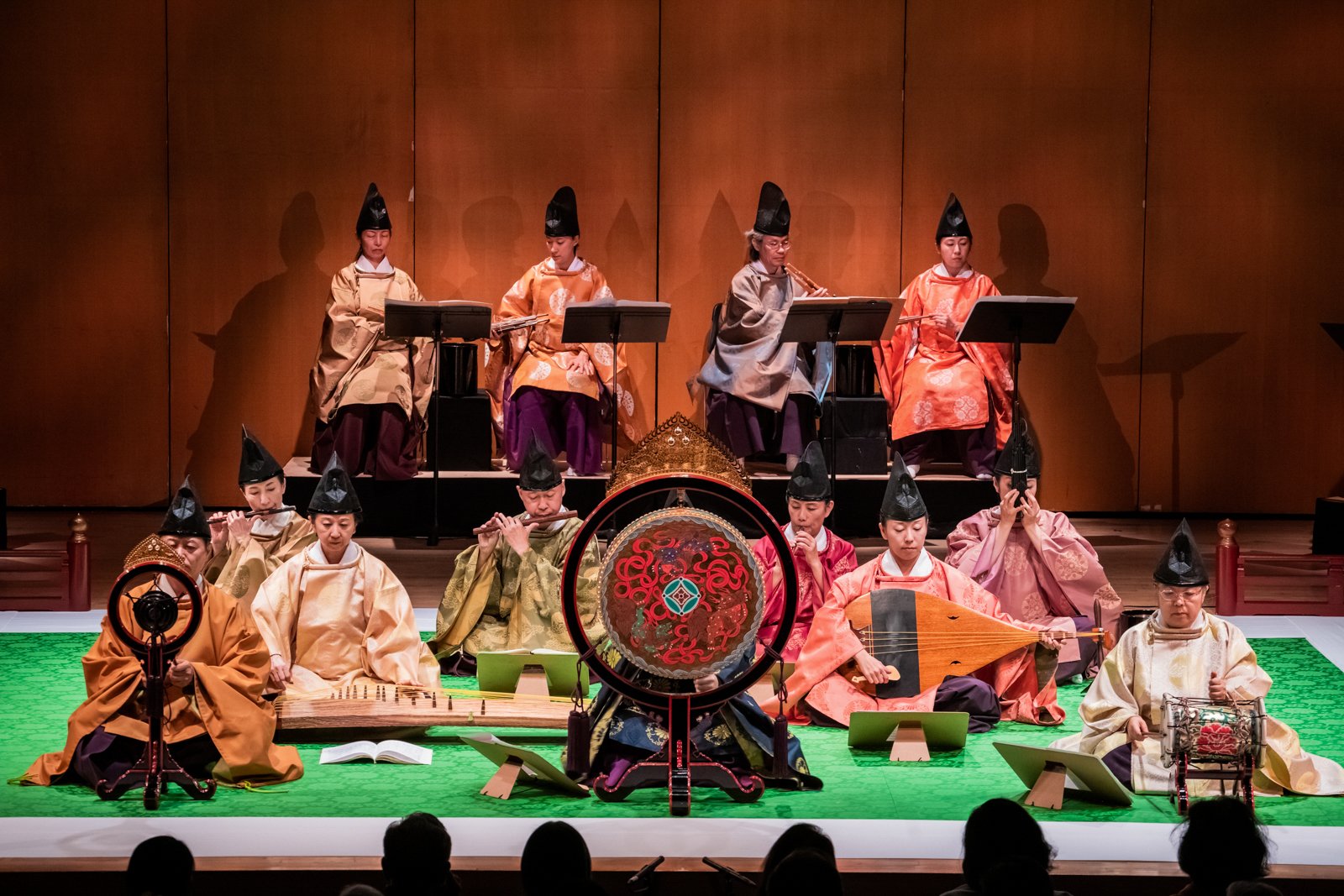Japanese music offers a rich and diverse landscape, blending modern sounds with deep-rooted traditions. Whether it’s the catchy beats of J-Pop or the soothing melodies of traditional instruments, Japanese music has something for everyone. In this guide, we’ll explore the key genres, their origins, and why they matter in Japan’s cultural scene. So, let’s dive in and explore the world of Japanese music!
J-Pop: The Modern Sound of Japan
J-Pop, or Japanese pop music, has taken the world by storm. Originating in the 1990s, it quickly became Japan’s most popular music genre. J-Pop blends Western pop influences with Japanese culture, resulting in a unique sound. Artists like Hikaru Utada, Arashi, and Perfume have made waves not only in Japan but also internationally.
Furthermore, J-Pop isn’t just about catchy tunes. It’s also closely tied to Japan’s fashion, media, and youth culture. You’ll often hear J-Pop songs as opening themes for anime series, making it a significant part of Japanese pop culture. Whether you’re into upbeat songs or emotional ballads, J-Pop offers a wide variety of styles to enjoy.
J-Rock: The Heavier Side of Japanese Music
For those who prefer a bit more edge, J-Rock is the perfect fit. Japanese rock music, or J-Rock, has deep roots in the 1960s and 70s. Bands like X Japan, The Gazette, and ONE OK ROCK helped shape the genre’s evolution. J-Rock varies from soft rock to heavier metal sounds, offering something for every rock lover.
Additionally, J-Rock isn’t just about the music. Many bands use their platform to express deep, emotional messages. From personal struggles to social issues, the lyrics often dive into important themes. As a result, fans feel a strong connection to the artists and their work.
Traditional Japanese Music: Honoring the Past
Before J-Pop and J-Rock, Japan had a long history of traditional music. Instruments like the shamisen, koto, and shakuhachi have been part of Japanese music for centuries. These instruments produce calming and meditative sounds, reflecting Japan’s spiritual and cultural traditions.
One of the most important forms of traditional music is gagaku, or court music, which dates back over 1,000 years. You’ll often hear it during ceremonial events in Japan. Meanwhile, enka—a style of folk music—focuses on themes like love, loss, and nostalgia. Listening to traditional Japanese music gives you a glimpse into the country’s rich cultural heritage.
Anime Music: A Cultural Phenomenon
No guide to Japanese music would be complete without mentioning anime music. Anime has become a global phenomenon, and its music plays a huge role in its success. Opening and closing themes of popular anime series often become hit songs in Japan. For example, Zankoku na Tenshi no These from Neon Genesis Evangelion is a song every anime fan knows.
Moreover, anime music brings J-Pop, J-Rock, and even classical influences together. This fusion allows artists to experiment with different sounds and styles. Whether you’re an anime fan or just curious about Japanese music, anime soundtracks are a great way to discover new artists.

City Pop: The Soundtrack of Urban Japan
In the 1980s, Japan’s economic boom led to the rise of city pop, a genre that blends pop, jazz, and funk. City pop reflects the vibrant lifestyle of urban Japan, especially Tokyo. Artists like Mariya Takeuchi and Tatsuro Yamashita became iconic figures of this era.
City pop has experienced a revival in recent years, especially among younger listeners. It’s a genre that transports you to the neon-lit streets of 1980s Tokyo, giving you a sense of Japan’s glamorous urban life. If you enjoy retro sounds with a modern twist, city pop is definitely worth a listen.
Exploring the World of Japanese Music
Japanese music offers a rich blend of traditional and modern styles that captivate listeners worldwide. From the soothing tones of koto and shamisen to contemporary J-pop hits, there’s something for every music enthusiast. For those looking to add an element of excitement to their leisure time, online casino provides a thrilling alternative. Experiencing both music and gaming can offer a well-rounded approach to entertainment and cultural appreciation.
Conclusion: A Musical Journey Through Japan
Japanese music offers an incredible variety of genres, each with its own unique flavor. From the infectious beats of J-Pop to the timeless sounds of traditional instruments, there’s always something new to explore. As you dive deeper into Japanese music, you’ll discover how it reflects the country’s culture, history, and even its future.
Whether you’re new to Japanese music or looking to expand your playlist, these genres will offer a rich experience. Start with a few popular songs from each genre, and before you know it, you’ll be hooked on Japan’s diverse musical landscape.










